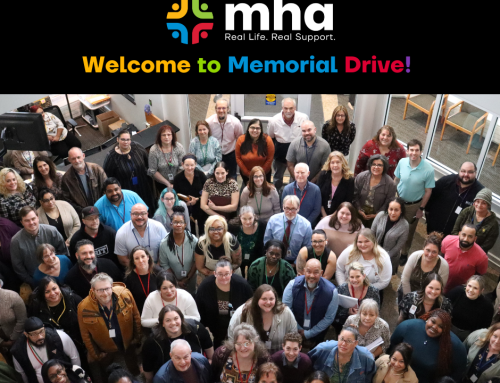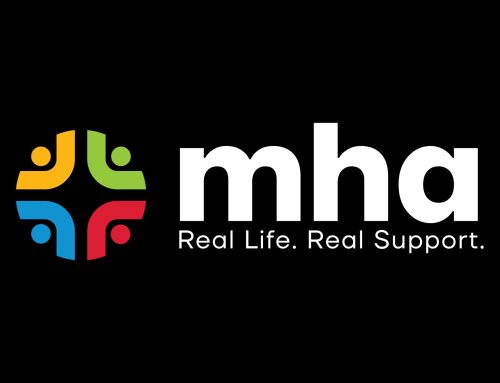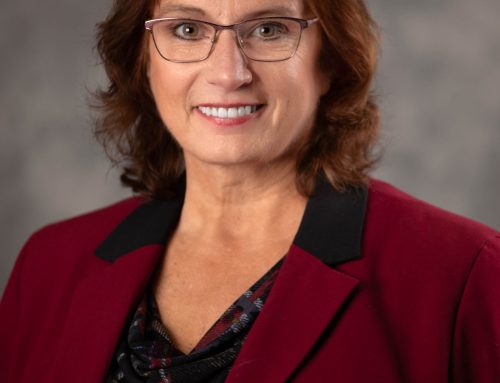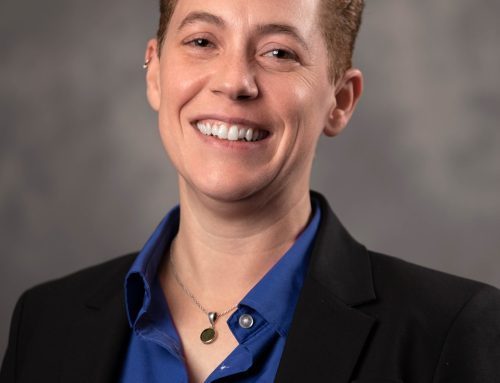TD Bank Funds $10,000 Grant for MHA’s GRIT Ridgewood
Innovative MHA Residential Program Supports Growth in Recovery for Young Men with a Co-Occurring Substance Use and Mental Health Diagnosis
SPRINGFIELD, MASS. – TD Bank, through its TD Charitable Foundation, has donated $10,000 to MHA to support the agency’s GRIT Ridgewood residential rehabilitation services program in Springfield, MA. The program is designed for young men ages 18 to 26 with a co-occurring substance use and mental health diagnosis who seek structure, guidance and caring to build success as they work to live their best life in recovery. GRIT Ridgewood is the only such program in the Commonwealth designed specifically for this underserved population.
“MHA is thrilled to receive such a generous donation from the TD Charitable Foundation,” said Kimberley A. Lee, VP Resource Development & Branding for MHA. “In response to the opioid epidemic that has ravaged our communities, MHA developed the GRIT Ridgewood residential treatment program using a multidisciplinary, evidence-based model that helps residents conquer their addictions and better manage their mental health challenges. We also help residents rebuild connections with their community and family that may have been strained or even severed. The TD Charitable Foundation’s kindness will be used specifically for activities and initiatives that assist the young men toward achieving these goals and sustaining their recovery.”
According to Lee, GRIT also assists residents in developing practical life skills such as financial literacy (e.g., basic budgeting skills, the importance of paying bills on time, the responsible use of debit and credit cards, and budgeting for emergency expenses), as well as job search and interview skills to help them gain employment and become as self-sufficient as possible. Community engagement for GRIT residents also includes volunteerism, such as mentoring for young adults challenged by substance use.
“Supporting the GRIT program of MHA aligns with TD’s mission to create more inclusive, sustainable communities,” said Steve Webb, Regional President, Southern New England, TDBank. “By providing the foundations of recovery as well as life skills, the GRIT program is helping historically underserved young men to fully participate in their communities.”
About the TD Charitable Foundation
The TD Charitable Foundation is the charitable giving arm of TD Bank, America’s Most Convenient Bank®, one of the 10 largest commercial banking organizations in the United States. Since its inception in 2002, the Foundation has distributed over $254 million through donations to local nonprofits from Maine to Florida. More information on the TD Charitable Foundation is available at https://www.tdbank.com/corporate-responsibility/the-ready-commitment/funding-opportunities/
About MHA:
What We Do
MHA (Mental Health Association) helps people live their best life. We provide access to therapies for emotional health and wellness; services for substance use recovery, developmental disabilities and acquired brain injury; services for housing and residential programming, and more. With respect, integrity and compassion, MHA provides each individual served with person-driven programming to foster independence, community engagement, wellness and recovery.
Why We Matter
The youth, adults, seniors and families we serve want the same things in life as anyone: to have friends, work, go to school, have meaningful relationships, express themselves (and be heard), and be accepted in their community for who they are. With our help and resources from a caring community, people can live their potential, in their community, every day.
How We Think
Starting in the 1960s, MHA’s groundbreaking efforts and advocacy helped to transition people away from institutional living to a life in our community. This became a model for the deinstitutionalization movement. Today, our leadership continues to advance awareness of mental health conditions and needs at local, regional and national levels. We drive compassionate care for those challenged by mental health, developmental disabilities, substance use, homelessness, acquired brain injury and more.
